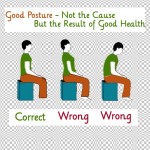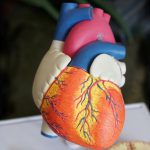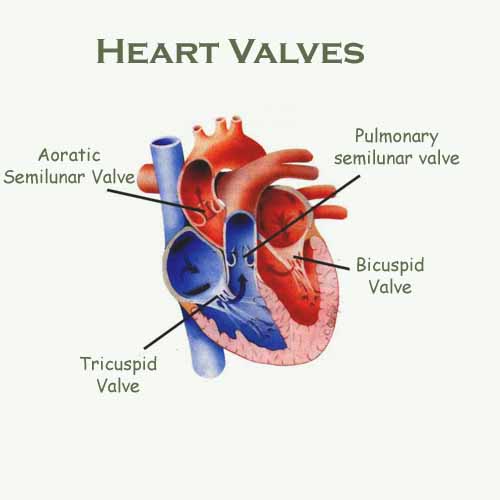Heart Valve Problem Causes – Care of Heart Valves
The valves of the Heart have vast tendency to easily wear-out
- partly because they are under such constant strain, moving backward and forward day and night;
- And partly, because, in order to be thin enough and strong enough for this type of continuous work, they have become turned, almost entirely, into stringy, half-dead fibrous tissue, which neither has the vitality nor the resisting power in comparison to the other body-stuffs like muscles, gland-cells, and nerves.
But, in reality
They are so tough; however, that they seldom fail under ordinary wear and tear, as the leather of the pump valve, or the leather of your shoes, might; but the thing which damages them, 90 percent of the time, is the “Germs or Poisons” of some infectious disease.
How The Heart Valves are infected
These Poisons circulating through the blood sometimes bring up a severe inflammation in the valves and the lining of the heart. Ulcers, or little wart-like growths, form on the Valves. These Ulcers sometimes eat away and destroy entirely the valves or, when they heal, append scars which shorten and distort the valves out of shape, so that they are not able to close the openings properly. Then you can very well imagine the condition of your Heart, because its functioning becomes very similar to the functioning of a pump whose leather valve in its bucket is broken or warped; and because of this it is not able to pump properly. And in case of Heart, we say that the patient has Valvular or Organic Heart disease.
The disease which most commonly causes this serious defect is rheumatism, or rheumatic fever; but it may also occur after the diseases like Pneumonia, blood poisoning, typhoid, or even after a common cold, or an attack of the grip.
Two Prime Causes of Heart Valve Diseases
Although all these diseases are dangerous in themselves, but although only two of them, Rheumatism and Pneumonia, frequently attack the Heart and all other mentioned do so occasionally. But taken together they cause nearly 90 percent of all cases of organic Heart Disease.
This is one of several reasons why we should endeavor, in every way, to avoid and stop the spread of these infectious diseases.
Prevention against Heart valve Diseases
If unfortunately you catch one of these diseases, the best preventive measure against its attacking the Heart, or causing serious damage, is a very simple one –
“Rest in bed until the fever has completely gone and your doctor says it is perfectly safe for you to get up; But avoid any severe muscular strain for several months afterward”
This is a most important thing to remember after all infections and fevers, no matter how mild. Even where the heart valves have been seriously attacked, as in rheumatism, they will often recover almost completely if you keep at rest, and your heart is not overtaxed by the strain of heavy, muscular work, before it has entirely recovered.
But even where serious damage has been done to the heart, so that one of its valves leaks badly, nature is not at the end of her resources. She simply sets to work to build up and strengthen and thicken the heart muscle until it is strong enough to overcome the defect and pump blood enough to keep the body properly supplied.
Role of Exercise in Heart Health
Doctors, Now no longer says that patients with Heart disease should not take exercise, but set them at carefully planned exercise in the open air, particularly walking and hill-climbing; at the same time feeding them well, so as to assist nature in building up and strengthening the Heart Muscle until it can overcome the defect.
In this way, a person may live, with reasonable care, ten – twenty years, often, in fact, until he dies of something else.
Don’t worry about your heart if it should happen to palpitate, or take a “hop-skip-and-jump” occasionally. You will never get real heart disease until you have had some fever or serious illness, which leaves you short of breath for a long time afterward.




Share the Post